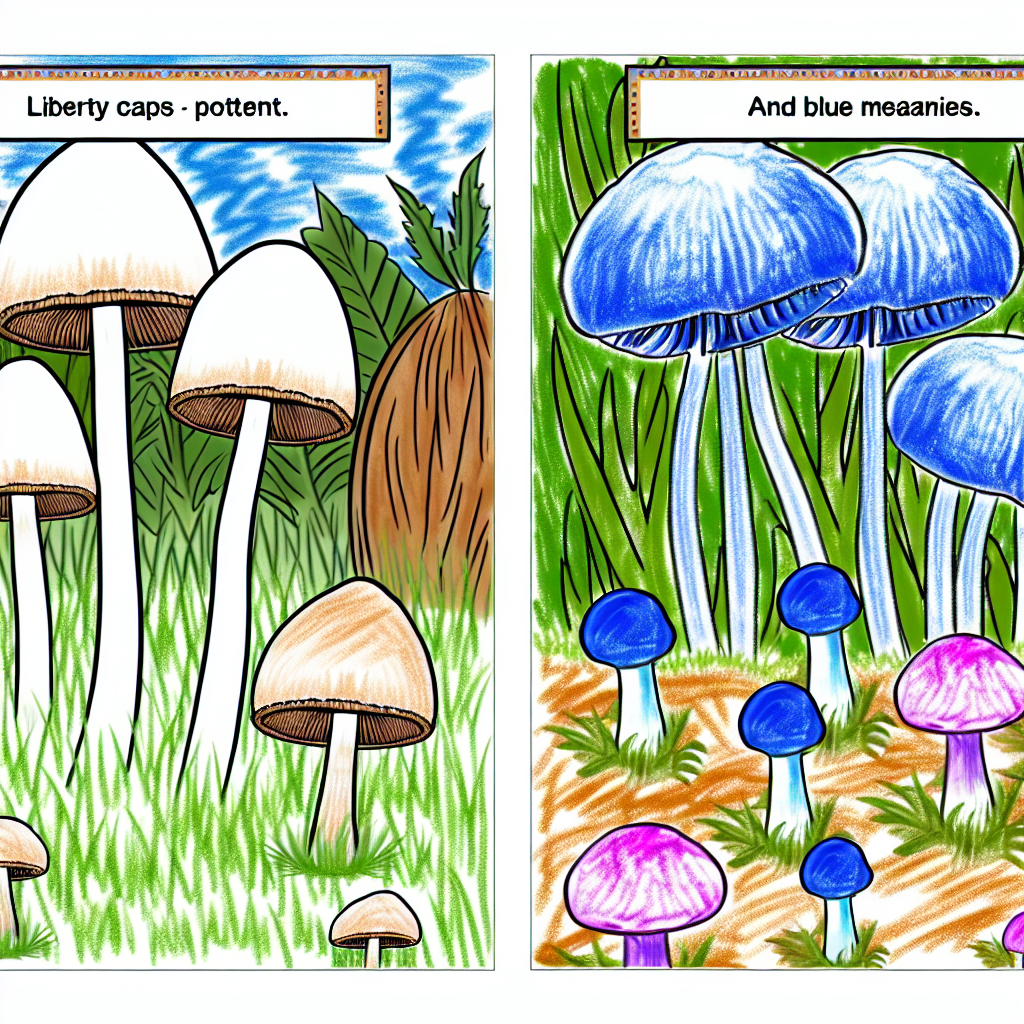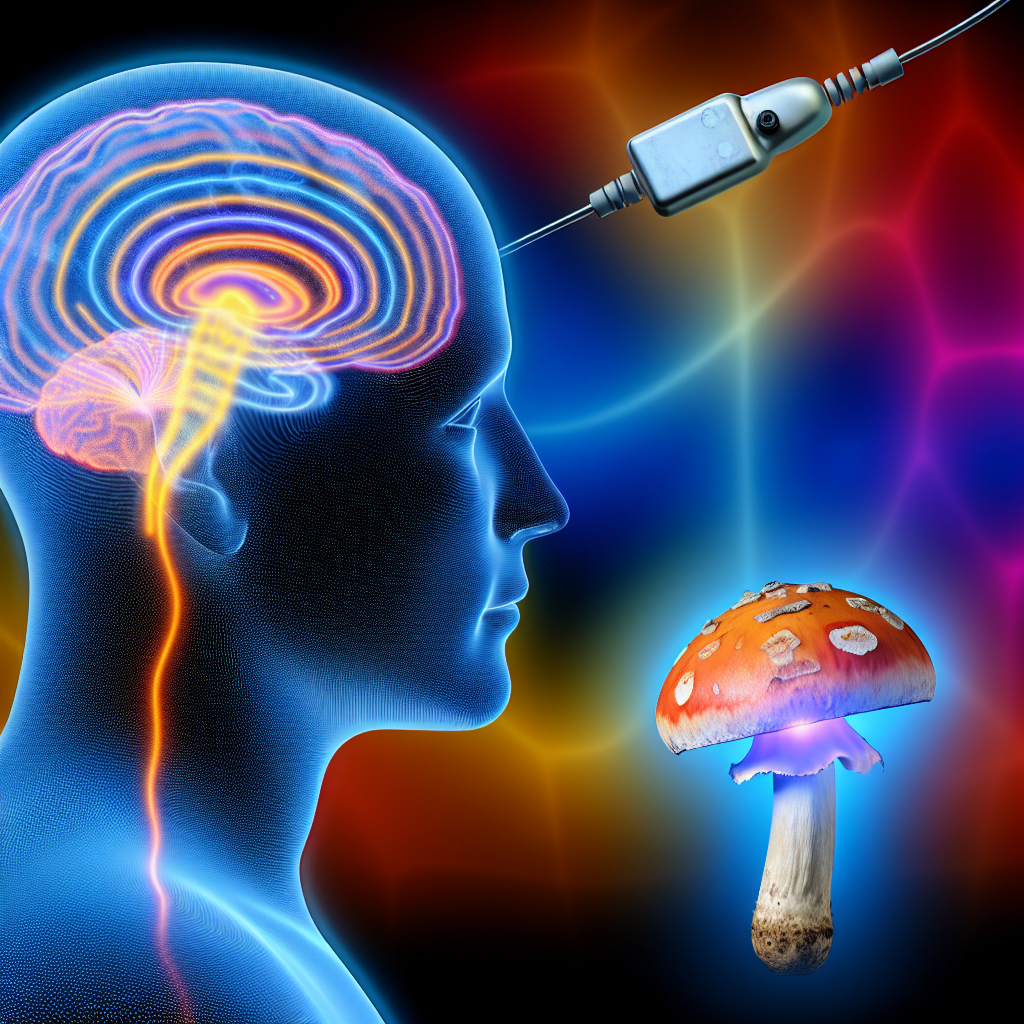Mushroom Peptides: New Therapeutic Applications
Introduction
Mushrooms have been revered for centuries in traditional medicine, particularly within Eastern healing traditions. Recent advancements in biotechnology and medical research have uncovered a fascinating class of bioactive compounds within fungi: mushroom peptides. These small protein molecules are increasingly recognized for their therapeutic potential in treating a variety of health conditions, from metabolic disorders and immune dysfunction to neurodegenerative diseases and cancer.
Peptides are short chains of amino acids that act as biological messengers, influencing numerous physiological processes. While peptides have been widely studied in animals and plants, fungal peptides are gaining attention for their novel bioactive properties. They exhibit antimicrobial, antioxidant, anti-inflammatory, and immunomodulatory effects, making them a promising avenue for natural medicine and modern therapeutic development.
One of the most exciting aspects of mushroom peptides is their ability to regulate immune responses. Certain peptides extracted from medicinal mushrooms like Ganoderma lucidum (Reishi) and Lentinula edodes (Shiitake) have demonstrated immune-enhancing effects, potentially benefiting individuals suffering from autoimmune disorders or weakened immune systems. Additionally, some mushroom peptides have shown remarkable anti-cancer properties by inducing apoptosis (programmed cell death) in cancerous cells while leaving healthy cells unaffected.
Another significant area of interest is the role of mushroom peptides in combating antimicrobial resistance. With growing concerns over antibiotic-resistant bacteria, researchers are exploring the potential of fungal peptides as natural antibiotics. Certain peptides derived from mushrooms have shown efficacy against pathogenic bacteria such as Staphylococcus aureus and Escherichia coli, offering new hope for alternative antimicrobial therapies.
Moreover, neuroprotective properties of mushroom peptides are being explored for conditions like Alzheimer’s disease and Parkinson’s disease. Some peptides have been found to promote neurogenesis (the formation of new neurons) and protect against oxidative stress in brain cells, making them invaluable in the quest for natural cognitive enhancers.
As scientific interest in mushroom peptides continues to grow, their integration into mainstream medicine may revolutionize the treatment of various diseases. This article delves into the latest medical research and professional studies supporting the therapeutic applications of mushroom peptides, shedding light on the cutting-edge potential of these natural compounds.
Features
1. Immunomodulation and Anti-Cancer Potential of Mushroom Peptides
Medical research highlights the immunomodulatory and anti-cancer effects of mushroom peptides. A study published in Frontiers in Pharmacology examined bioactive peptides from Ganoderma lucidum, revealing their ability to enhance immune cell activity, particularly by stimulating macrophages and T-lymphocytes. These findings suggest potential benefits for individuals facing immune-related conditions, including cancer patients undergoing chemotherapy, as mushroom peptides may counteract immune suppression caused by conventional treatments [Zhao et al., 2020].
Additionally, research in the International Journal of Molecular Sciences investigated peptides from Lentinula edodes (Shiitake mushrooms) and their role in apoptosis induction in colorectal cancer cells. The study found that these peptides selectively triggered programmed cell death in cancer cells, suggesting a novel, natural approach to cancer treatment [Zhang et al., 2022].
2. Mushroom Peptides: A Natural Alternative to Antibiotics
With the rise of antibiotic-resistant infections, researchers are turning to natural compounds for new treatment options. A study in Microbial Pathogenesis analyzed antimicrobial peptides from various mushroom species, including Pleurotus ostreatus (Oyster Mushroom), demonstrating their antibacterial properties against multi-drug-resistant Staphylococcus aureus and E. coli. These findings suggest that mushroom peptides could play a significant role in the development of new antibiotics [Wang et al., 2021].
3. The Neuroprotective Power of Mushroom Peptides
Neurodegenerative diseases such as Alzheimer’s and Parkinson’s are characterized by oxidative stress and neuronal degradation. Researchers are exploring how mushroom peptides may support brain health. A study in Neurochemistry International demonstrated that peptides derived from Hericium erinaceus (Lion’s Mane) stimulated nerve growth factor (NGF) synthesis, which is essential for neurogenesis and brain plasticity. These peptides may offer a novel approach to preventing cognitive decline and enhancing memory function [Friedman, 2020].
4. Mushroom Peptides for Metabolic and Cardiovascular Health
Mushroom peptides also appear to influence metabolic processes, particularly in regulating blood sugar levels and cholesterol. A clinical study in the Journal of Functional Foods highlighted the hypoglycemic effects of peptides from Grifola frondosa (Maitake Mushroom) in Type 2 diabetic patients. These peptides improved insulin sensitivity and reduced blood glucose levels, showcasing their potential as a complementary treatment option for diabetes [Chen et al., 2021].
Moreover, peptides from Pleurotus species were examined for their impact on cardiovascular health. A study in Food Chemistry showed that certain mushroom peptides contribute to antihypertensive effects by inhibiting angiotensin-converting enzyme (ACE), which plays a major role in blood pressure regulation. This suggests a natural treatment option for hypertension [Liu et al., 2021].
Conclusion: The Future of Mushroom Peptides in Medicine
The emerging research on mushroom peptides is shedding light on their vast therapeutic potential, spanning immune modulation, cancer treatment, antimicrobial activity, neuroprotection, and metabolic health improvement. As scientists continue to uncover the diverse bioactive properties of these fungal-derived compounds, mushroom peptides may soon transition from traditional remedies to mainstream medical treatments.
With ongoing clinical trials and growing public interest in natural therapeutics, the future of mushroom peptides in healthcare looks exceptionally promising. Whether for combating modern health epidemics or simply enhancing well-being, these powerful natural compounds are undoubtedly worth exploring.
Summary:
Mushroom peptides are a novel class of bioactive compounds that exhibit a wide range of therapeutic potential, including immunomodulation, anti-cancer properties, antimicrobial activity, neuroprotection, and metabolic health benefits. Ongoing research highlights the cutting-edge applications of these fungal-derived compounds, suggesting their transition from traditional remedies to mainstream medical treatments in the near future.
References:
– [Zhao et al., 2020](https://www.frontiersin.org/articles/10.3389/fphar.2020.573517/full)
– [Zhang et al., 2022](https://www.mdpi.com/journal/ijms)
– [Wang et al., 2021](https://pubmed.ncbi.nlm.nih.gov/34529278/)
– [Friedman, 2020](https://www.sciencedirect.com/science/article/abs/pii/S0197018620303746)
– [Chen et al., 2021](https://www.sciencedirect.com/journal/journal-of-functional-foods)
– [Liu et al., 2021](https://www.sciencedirect.com/science/article/abs/pii/S0308814621009887)

Dominic E. is a passionate filmmaker navigating the exciting intersection of art and science. By day, he delves into the complexities of the human body as a full-time medical writer, meticulously translating intricate medical concepts into accessible and engaging narratives. By night, he explores the boundless realm of cinematic storytelling, crafting narratives that evoke emotion and challenge perspectives. Film Student and Full-time Medical Writer for ContentVendor.com




